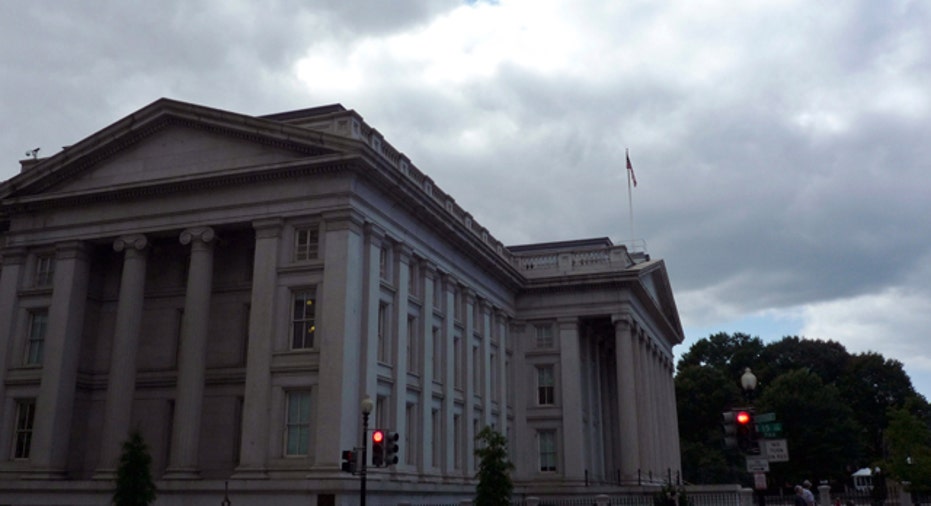U.S. Budget Deficit Widens a Bit in January

The U.S. budget deficit widened slightly in January, fueled in part by higher spending on government health care services for low-income Americans, according to data released by the Treasury Department on Wednesday.
The federal government ran $18 billion into the red during the month, outstripping analyst expectations for a $10 billion deficit.
Compared with a year earlier, Washington spent $5 billion more on Medicaid, which provides health insurance for lower-income people and was greatly expanded under a 2010 health care overhaul that is still being implemented.
In January, spending fell sharply on the military, while receipts from taxes on individuals rose.
A Treasury official who asked not to be named told reporters the deficit in January was partly a product of measurement issues. If adjusted for timing-related transactions, there would have been a small budget surplus during the month, the official said.
The deficit nonetheless appears to be on an upward path. Between October and January, the government borrowed on net $194 billion, compared with $183 billion in the comparable period of the prior fiscal year.
Independent congressional analysts forecast last month that the deficit for the full 2015 fiscal year would dip to $468 billion from $483 billion as the economy strengthens.
But the Congressional Budget Office said deficits would start to rise again in 2017 due to the mounting costs of caring for the aging Baby Boom generation.
Receipts in January totaled $307 billion, up 4 percent from a year ago, while outlays were $324 billion, up 6 percent from last year.
(Reporting by Jason Lange; Editing by Andrea Ricci)



















